Dispute handling
Chinese courts have seen a rising number of lawsuits related to AI as its application spreads.
In April, the Beijing Internet Court heard a case in which a voice-over artist claimed that her voice had been used without her consent in audiobooks circulating online. The voice had been processed by AI.
The plaintiff took five companies to court, including a cultural media enterprise that had provided recordings of her voice for unauthorized use, an AI software developer and a voice-dubbing app operator.
The court found that the cultural media company sent the plaintiff's recordings to the software developer without her permission, and the developer used AI to mimic her voice to create AI-generated products.
Because the AI-powered voice mimicked the plaintiff's vocal characteristics, intonation and pronunciation style to a high degree, it was eventually identified as her voice, the court said, ruling that the behaviors of the cultural media company and the AI software developer infringed upon the woman's voice rights under China's Civil Code.
Earlier, the court concluded China's first case on the copyright of an image generated using AI, identifying the AI-generated picture as an artwork under protection because of the originality and intellectual input of its human creator.
In February, a court in Wuhan, Hubei province, also ruled in favor of a netizen whose AI-powered art was used in an advertisement without her permission.
Wu Yiqin, a CPPCC National Committee member, said that strengthening copyright protection has become a crucial issue in the development of AI.
He likened AI to a double-edged sword, underscoring that it involves not only the rights and interests of a broad range of literary, artistic and technological creators, as well as the standardized and healthy development of the copyright industry, but also the high-quality growth of China's digital economy.








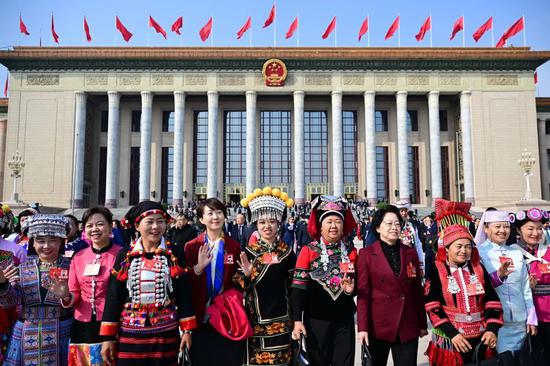
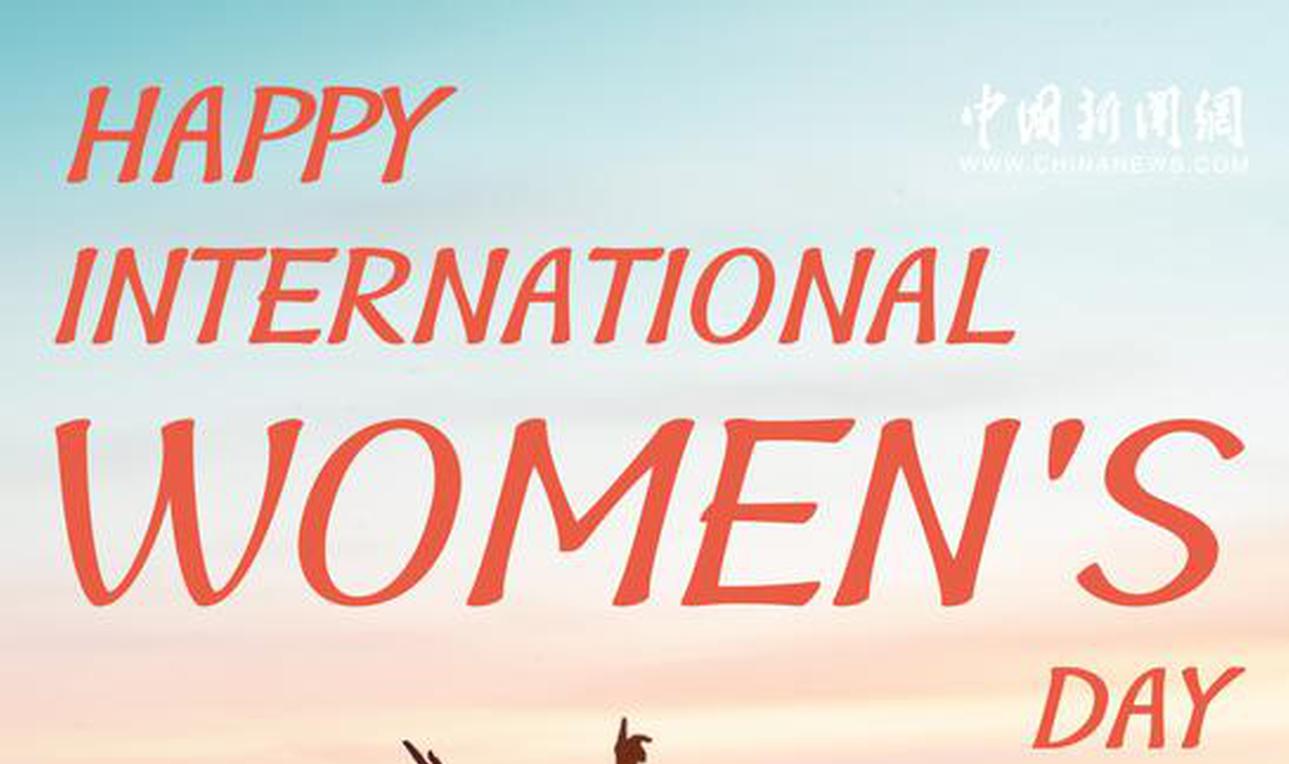
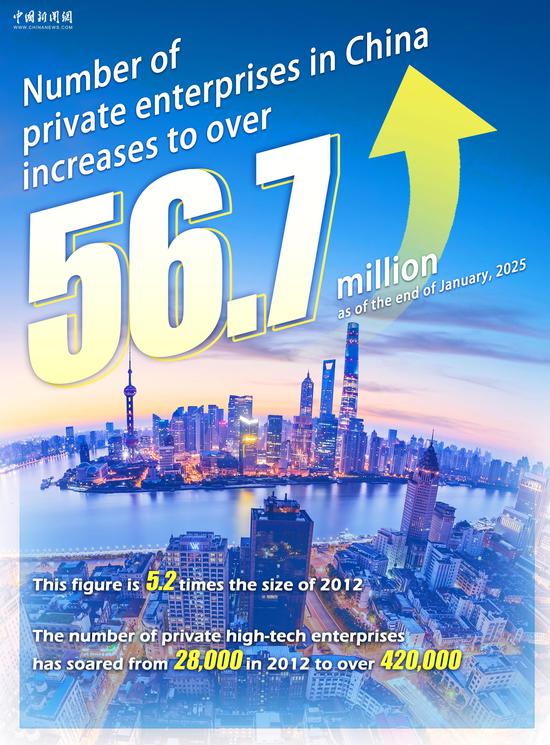
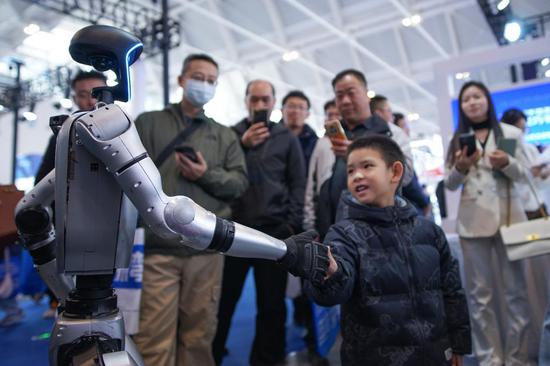
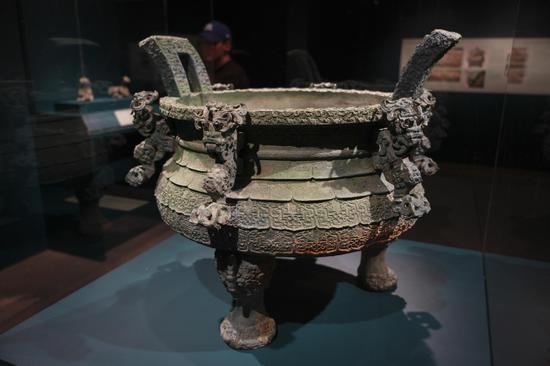

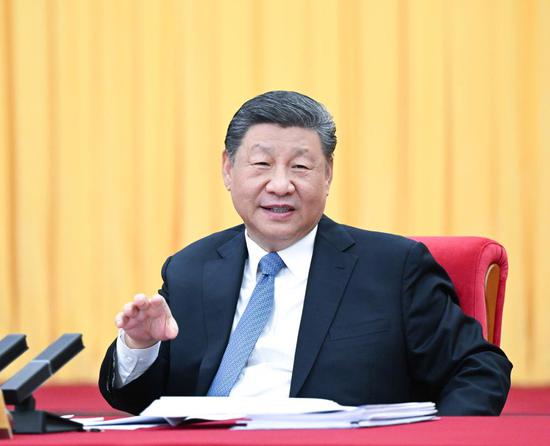


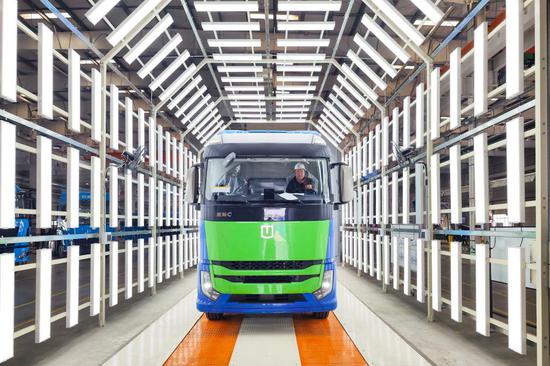

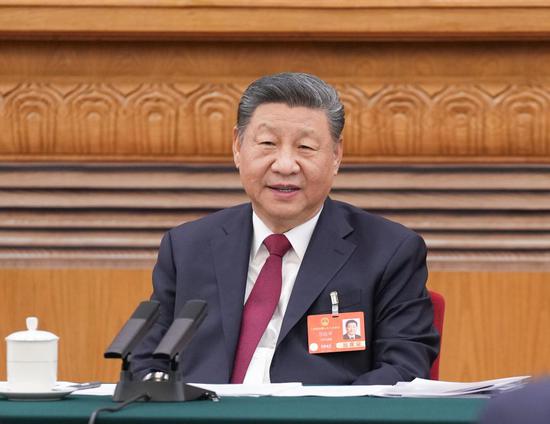

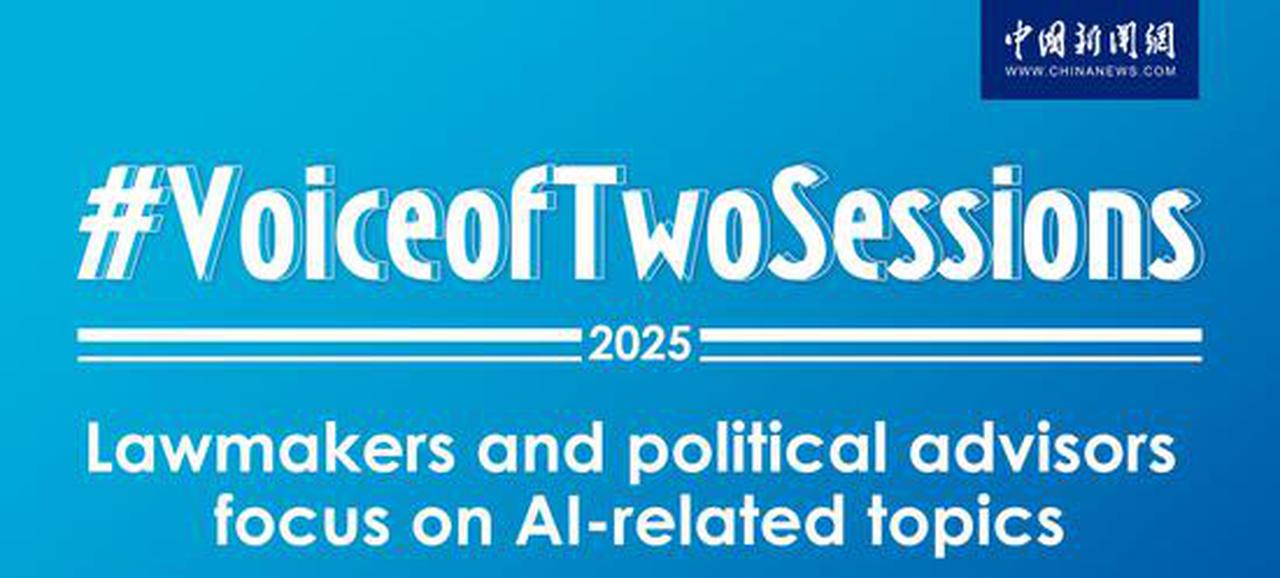





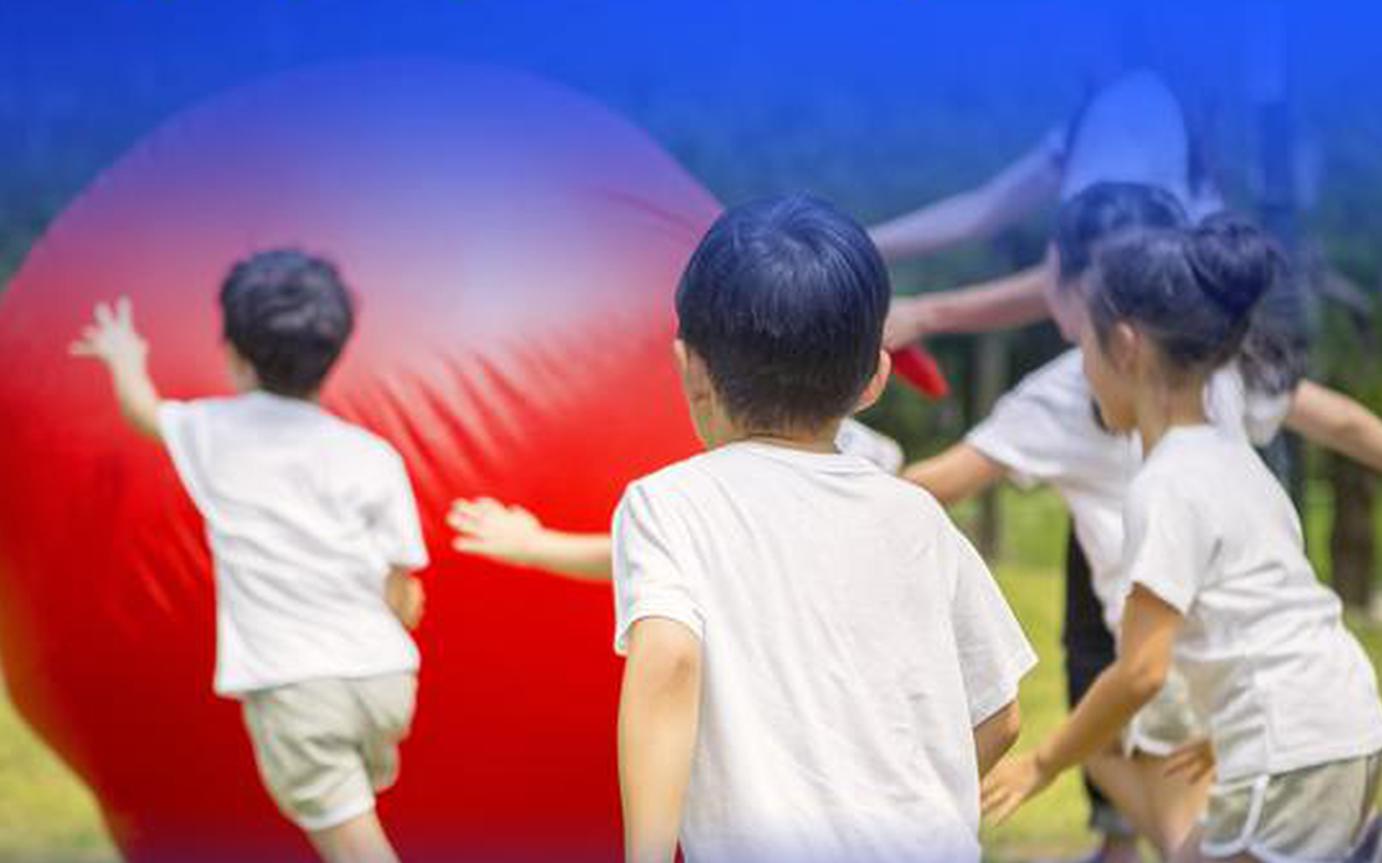

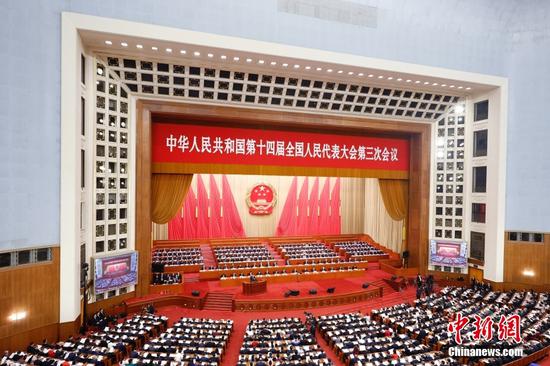
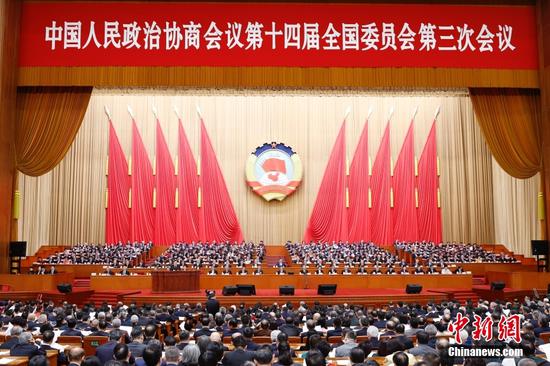

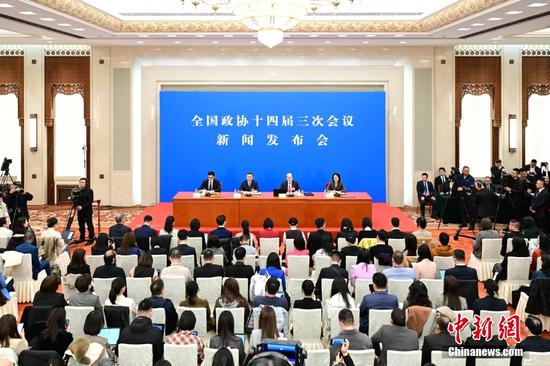


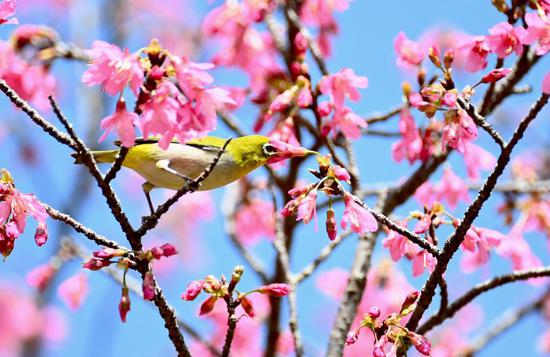
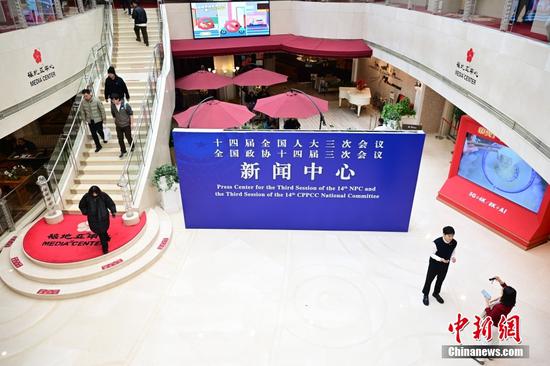
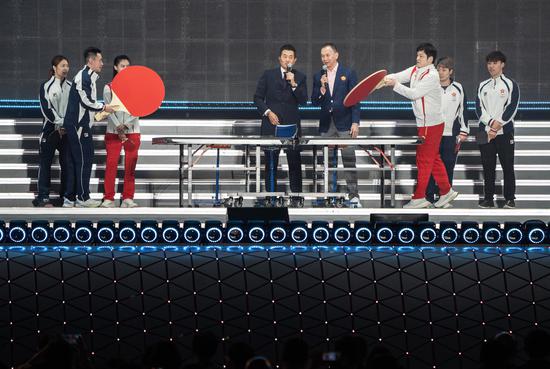
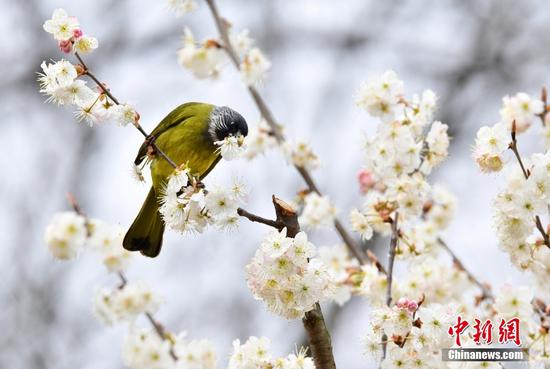
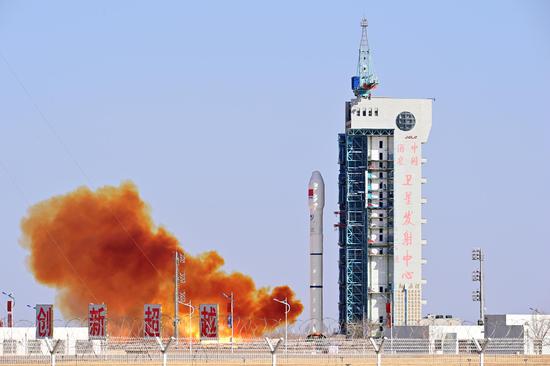


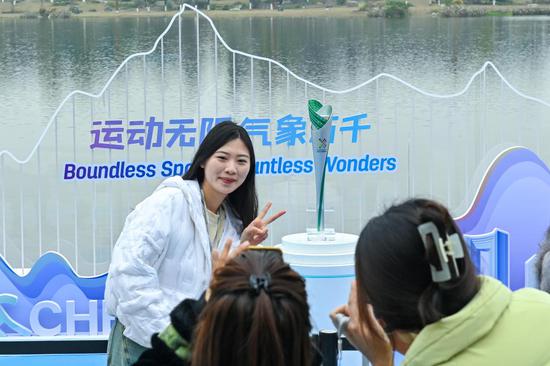
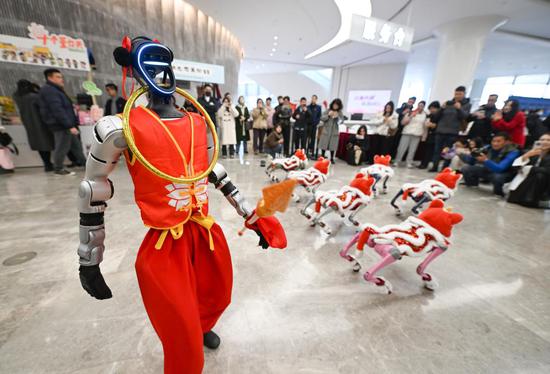
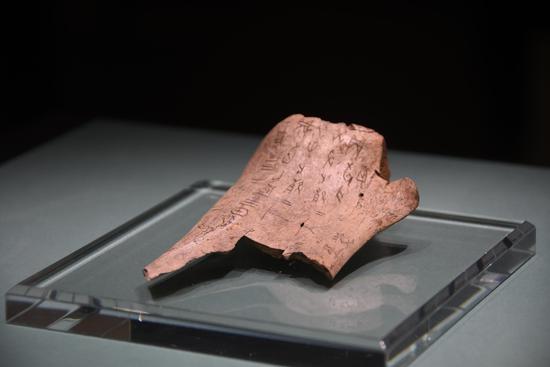

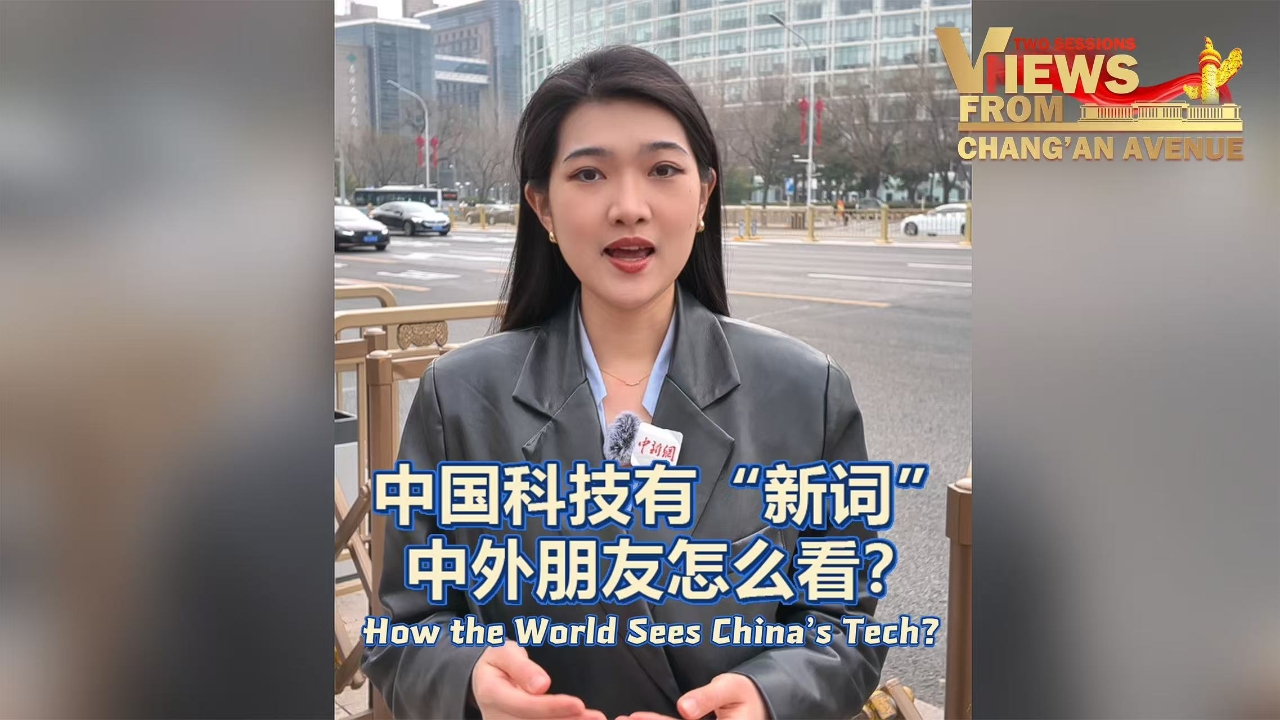

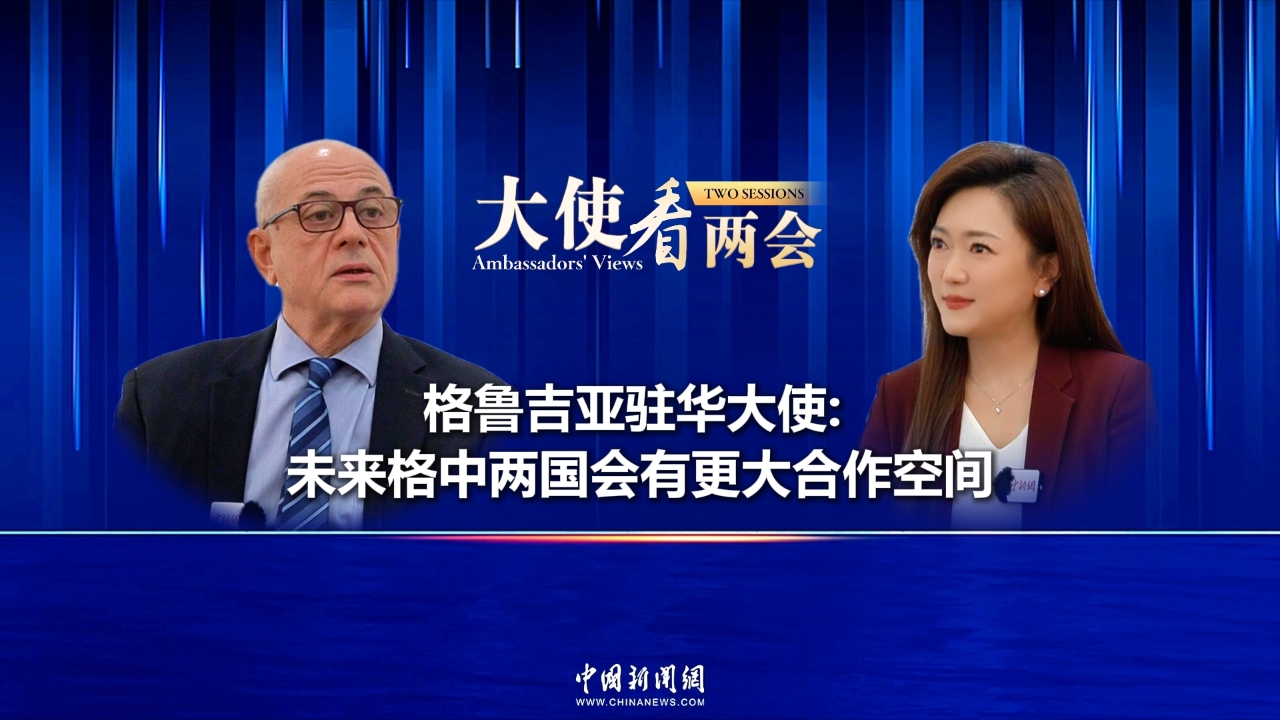

 京公網安備 11010202009201號
京公網安備 11010202009201號